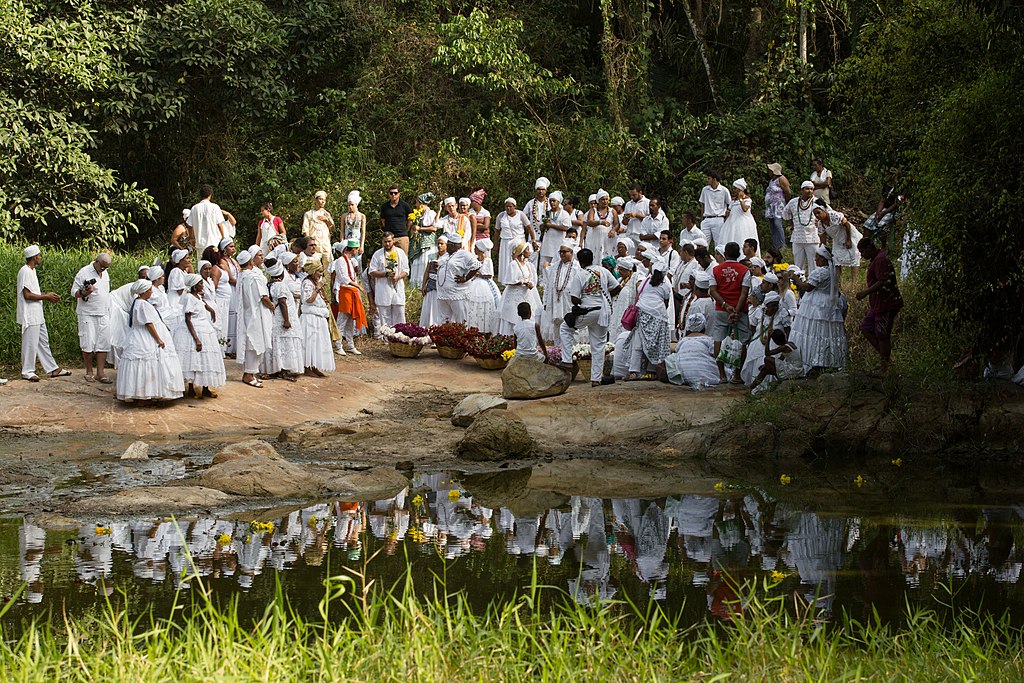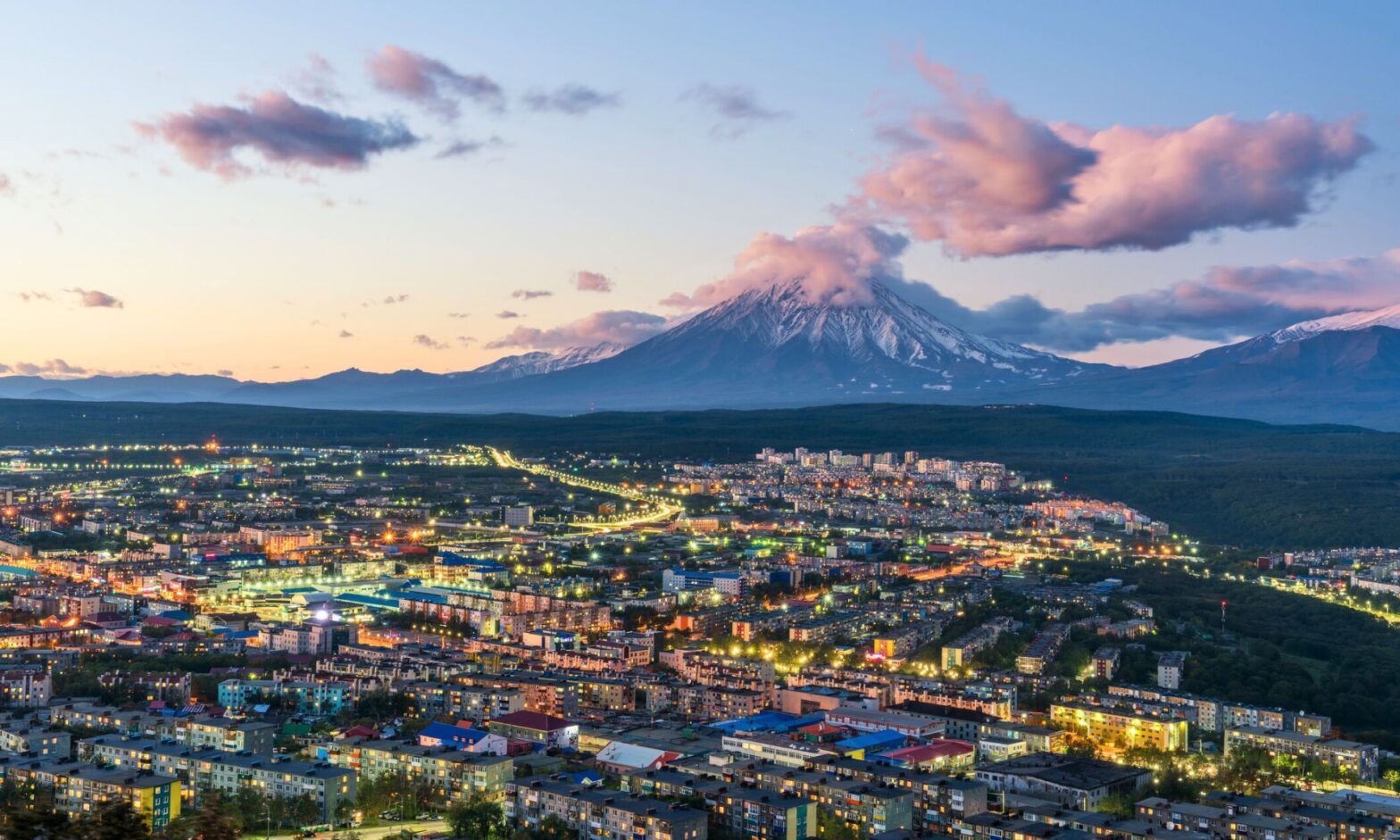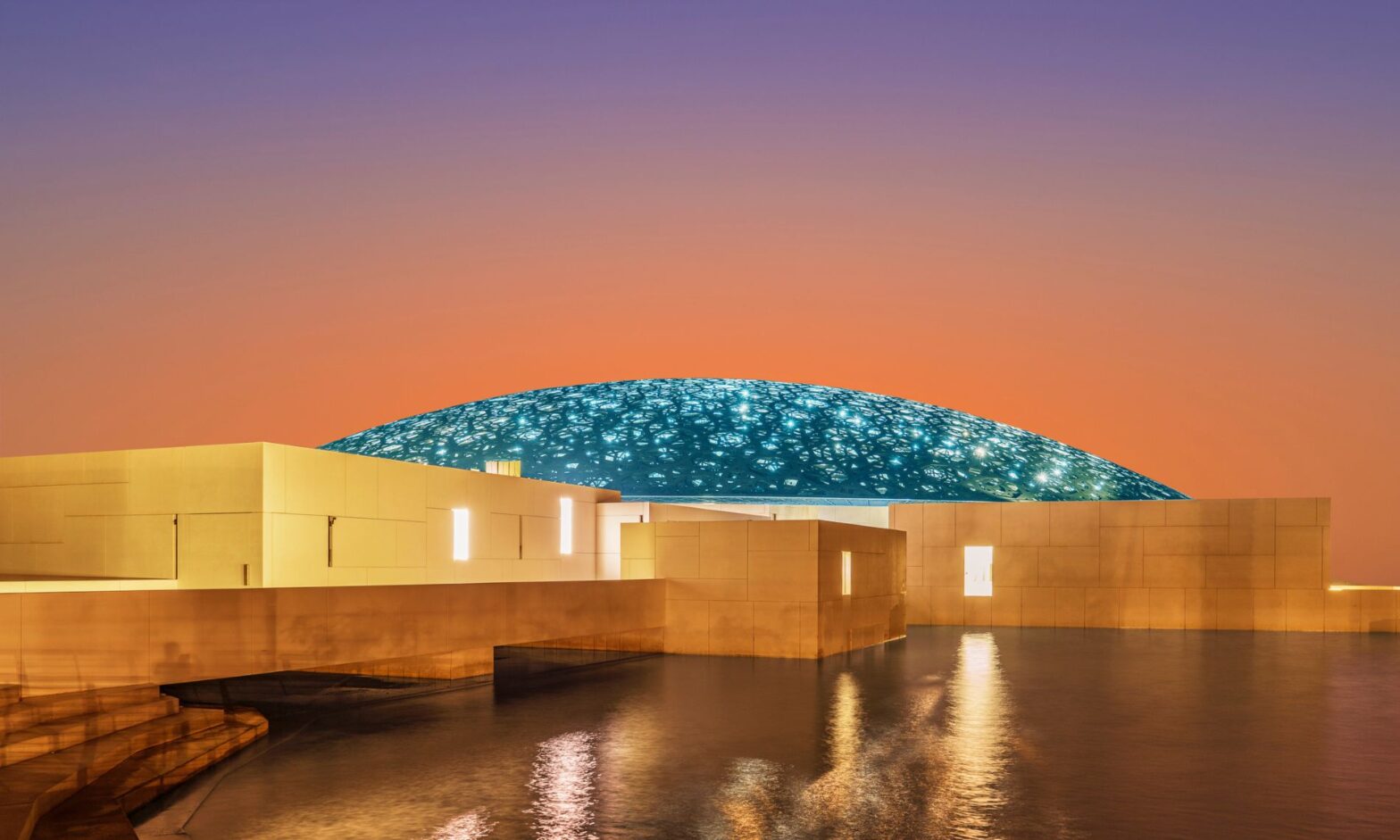In Brazil, Palmares is one of the most respected historic sites among the Afro-Brazilian community. The famous kingdom was the largest enslaved runaway community in the history of the Atlantic world.
It was the first and only African kingdom in the Americas— which lasted 100 years— and it is now a remarkable historic symbol for the African Diaspora.
“Palmares was quite ethnically homogeneous, most of its people coming from Angola. After considerable growth during the Dutch occupation of Pernambuco (1630-1654), a Portuguese colonial settlement back then, Palmares started to be shaped as a state, with leadership and social stratification,” said John K. Thornton, professor of history at Boston University and author of many books on the African Diaspora and African History.
This African kingdom was created in the early 1600s, when slaves fleeing the sugar mills of Pernambuco, crossed the mountainous region now called Serra da Barriga— to form their own communities. Soon, they built villages called mocambos, which means refugee camp in kimbundu, a Bantu idiom.
From 1602, the Portuguese governor Diogo Botelho organized expeditions in the region, called “Palmares” by its inhabitants due to the numerous palm trees.
The expansion of the kingdom accelerated considerably when the Dutch took over Pernambuco in 1630. But they failed to conquer the entire region, and soon the Portuguese counterattacked, starting a long war. During this period, the social and economic instability allowed thousands of enslaved Afro-Brazilians to flee to the mountains to consolidate an emerging kingdom, already considered as such by the Dutch invaders in the 1640s.
According to some historians, it is believed that Palmares had roughly 20,000 inhabitants during its heyday.
“This kingdom of fugitives posed a great threat to Portuguese interests: attacks and counter-attacks have taken place, alongside negotiations that began in 1664, when the authorities began to offer amnesty and the right to establish a self-controlled and self-determination state,” said professor Thortnon.
Although it had many leaders throughout its 100 years of existence, Zumbi is the most popular king who ruled the African kingdom in Brazil. Zumbi was born free in Palmares, but at the age of 7, he was kidnapped after an invasion of the Portuguese army and handed over to a Catholic priest in Pernambuco. There, he learned how to speak, read and write the Portuguese language. However, at the age of 15, he returned to live in Palmares, after escaping from the Catholic Church.
Zumbi started to receive recognition in Palmares for his bravery in wars against the Portuguese army, which he was seen as a great war strategist. However, in 1678, after suffering a great loss in a battle, King Ganga Zumba signed a peace treaty with the Portuguese authorities in Brazil, in which Palmares would be recognized as a self-controlled state as long as the kingdom ceased its plan of expansion.
Infuriated, Zumbi rejected this treaty as he did not trust the Portuguese. He wanted to expand Palmares and turn it into a greater African kingdom in the Americas. With some allies, Zumbi ousted Ganga Zumba and, in 1680, at the age of 25, Zumbi became the king of Palmares, commanding the resistance against the Portuguese army.

During his reign, Palmares lived its golden era of wealth and political stability, achieving several victories against Portuguese soldiers.
In 1694, Domingos Jorge Velho, a notorious and brutal mercenary leader, organized a major attack against Palmares. After an intense battle, the city of Macaco— Palmares’ main city—was totally destroyed. Wounded, Zumbi tried to flee, but he could not make it. At 40 years of age, he was beheaded on November 20, 1695.
Palmares’ history was hidden by Brazilian authorities for almost 150 years. During this period, Palmares was regarded as a myth. However, Palmares was rediscovered in the 1900s after a group of historians found official reports about the existence in the 17th century.
In order to keep the memory of King Zumbi alive, Brazil celebrates the National Black Consciousness Day on November 20, the date when Zumbi was murdered. In Rio de Janeiro and Salvador, there are statues that honor Zumbi.

Today, Palmares is an archeological site named Quilombo dos Palmares Memoral Park. It is situated in the state of Alagoas, Brazil’s northeast. People can visit and see some remaining structures from when the kingdom was established and flourished in the 1600s.





